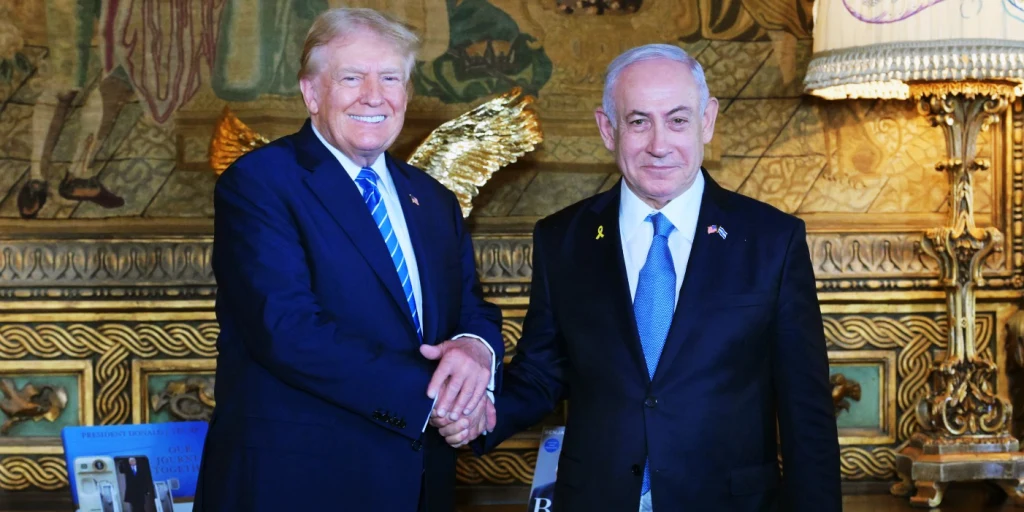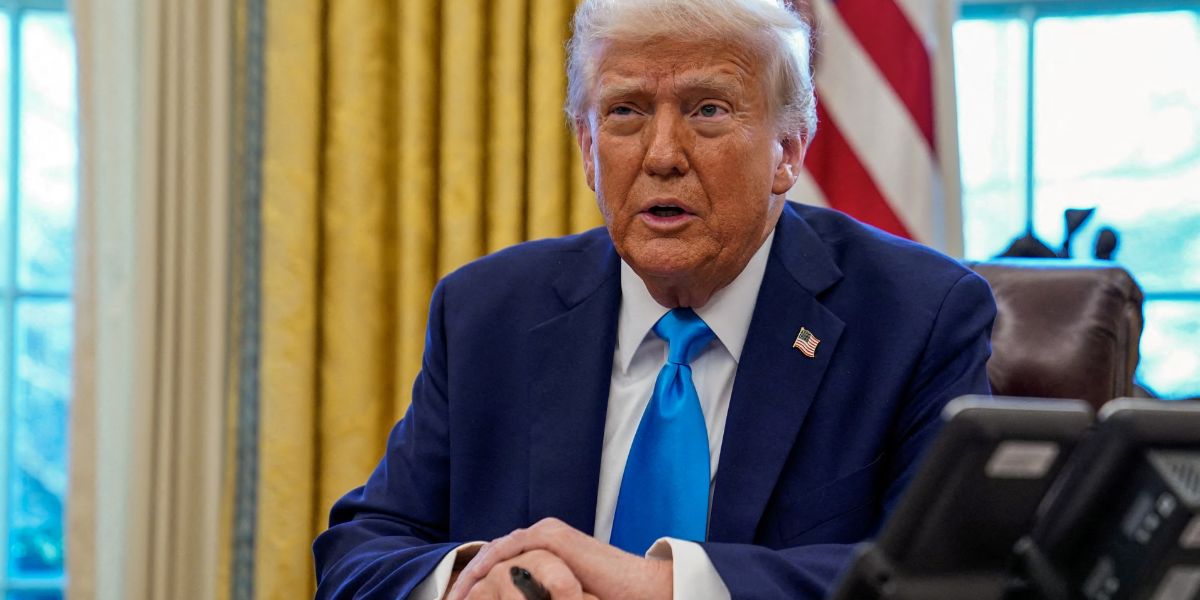During Donald Trump’s presidency, the Republican leader was vocal about his disapproval when U.S. officials engaged with foreign governments without first coordinating with his administration. At one point, Trump even considered charging former Secretary of State John Kerry with a crime for engaging in international discussions without his consent.
In 2019, Trump asserted that Kerry should be prosecuted under the Logan Act, claiming that Kerry had held multiple meetings and phone calls with Iranian officials, allegedly advising them on what to do. According to Trump, this was a blatant violation of the Logan Act, which prohibits unauthorized U.S. citizens from negotiating with foreign governments. Despite his strong rhetoric, Trump’s claims lacked legal basis and reflected his belief that former officials communicating with foreign governments was both scandalous and criminal.
However, it seems that Trump’s perspective on such engagements has shifted significantly since leaving office.
Recently, Trump has been welcoming prominent international leaders to Mar-a-Lago, his private resort. In the spring, for instance, British Foreign Secretary David Cameron visited Trump’s estate. This followed earlier visits from Hungarian Prime Minister Viktor Orbán and Polish President Andrzej Duda. Trump has reportedly even had direct interactions with Saudi Arabia’s Crown Prince Mohammed bin Salman, signaling his ongoing involvement in international matters.
In April, The New York Times noted that while meetings like these aren’t uncommon for former U.S. presidents, there is a red line that could be crossed if Trump were to influence foreign leaders to take steps that directly contradict current U.S. policy. Richard Haass, a former diplomat and president emeritus of the Council on Foreign Relations, emphasized that these meetings are only problematic if Trump actively seeks to impact the behavior of foreign governments to align with his political objectives. Haass suggested that while such discussions might seem benign in principle, they could become problematic depending on their content.
This concern resurfaced recently when The New Republic reported that Trump has allegedly been pressuring Israeli Prime Minister Benjamin Netanyahu against agreeing to a ceasefire deal. According to PBS, Trump’s motive is reportedly linked to the upcoming U.S. election, as he fears that a ceasefire agreement could benefit Vice President Kamala Harris’s campaign in November. On Monday night, PBS journalist Judy Woodruff mentioned that “former President Trump is on the phone with the Prime Minister of Israel, urging him not to cut a deal right now, because it’s believed that would help the Harris campaign.”
To be clear, the details surrounding these claims remain somewhat ambiguous. For instance, Axios published a report suggesting that Trump and Netanyahu have privately discussed potential negotiations involving a Gaza hostage exchange and ceasefire deal. However, this report has not been independently verified by major outlets like MSNBC or NBC News, and Netanyahu’s office quickly denied its accuracy in a statement.
The potential implications of these interactions are significant. If the reports are true, Trump’s actions could be seen as a direct attempt to influence international events for his own political gain. This stands in stark contrast to the fierce criticism he once directed toward others for engaging in similar conduct. The apparent shift in Trump’s behavior reveals a level of hypocrisy, as he now engages in the very types of interactions he once deemed illegal.
For a former president to involve himself in delicate international matters, especially in a way that could affect upcoming U.S. elections, raises ethical and legal questions. Such actions could potentially undermine the current administration’s foreign policy or create confusion among global leaders regarding the United States’ official stance.
Also Read:
- Campaigns Reach Agreement: Harris, Trump Set to Debate on September 10 with More to Follow
- U.S. Lawmakers Boycott Netanyahu’s Speech, Criticize Handling of Gaza Conflict
As more details emerge, the controversy surrounding Trump’s involvement in these discussions is likely to grow. Whether these conversations cross a legal or ethical line remains a key issue as the 2024 election approaches, highlighting the complex and often contradictory role that former leaders can play in international diplomacy.







